CodeMentor - AI-Powered Coding Tutor
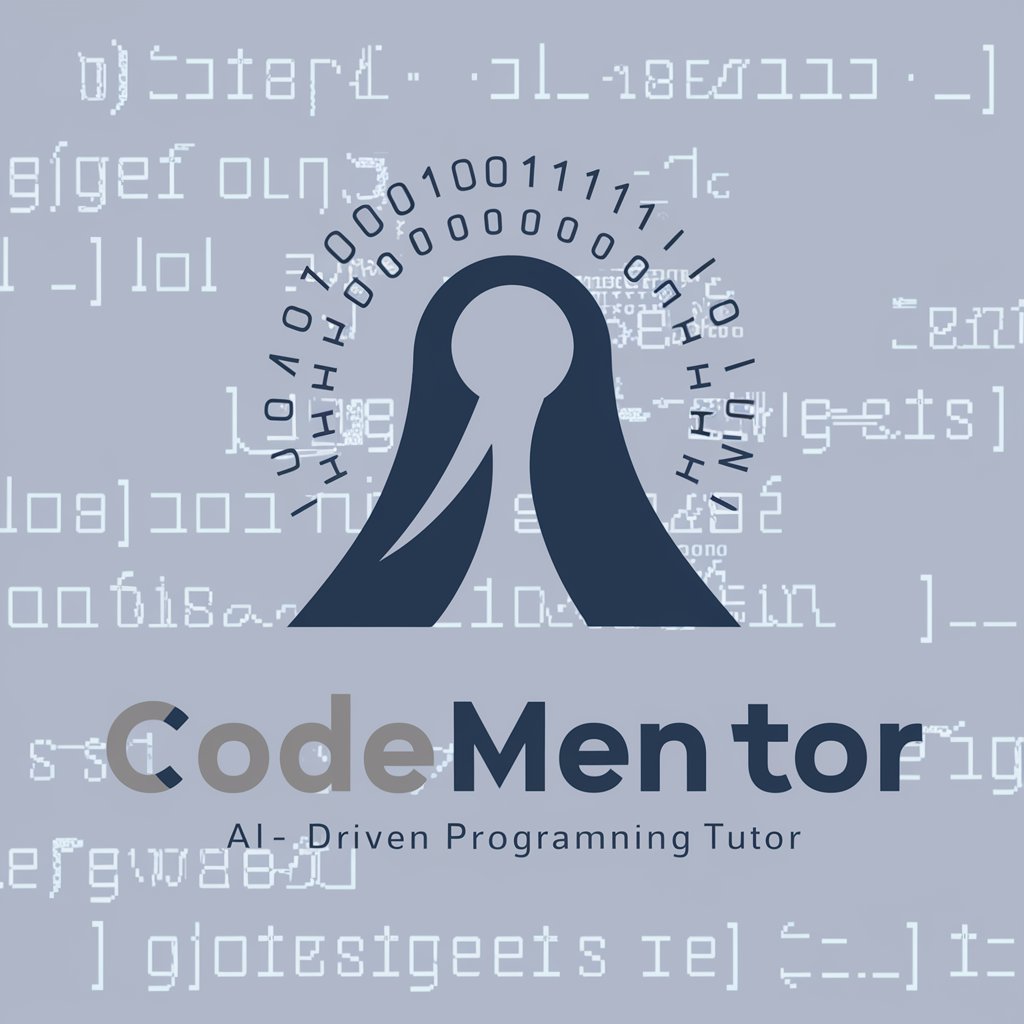
Hi! Ready to master some code today?
Elevate Your Coding Skills with AI
How can I help you improve your coding skills today?
Which programming language would you like to focus on?
What coding topic are you struggling with?
Ready to dive into a new programming challenge?
Get Embed Code
Overview of CodeMentor
CodeMentor is a specialized AI-powered assistant designed to facilitate and enhance the learning experience for individuals seeking to improve their programming skills. It adapts to various programming languages, such as Python, C++, Java, and more. CodeMentor's core functionality revolves around understanding the user's current proficiency level in a selected programming language and providing a tailored learning path. This path includes structured topic-based learning, where concepts are explained interactively with real-world examples. Additionally, CodeMentor generates and evaluates coding exercises, offering feedback to users without directly providing solutions, thereby promoting active learning and problem-solving skills. The design purpose of CodeMentor is to offer a personalized, adaptive, and comprehensive learning experience in programming, suited to the unique needs and pace of each learner. Powered by ChatGPT-4o。

Key Functions of CodeMentor
Language Selection and Customization
Example
A user can choose to learn Python. Based on their selection, CodeMentor tailors the learning content, exercises, and feedback specifically for Python.
Scenario
A beginner in Python starts with basics like syntax and progresses to advanced topics like object-oriented programming, guided by CodeMentor.
Interactive Topic Explanation
Example
When explaining loops in Java, CodeMentor uses real-world scenarios, such as iterating over a list of students to calculate average grades, simplifying complex concepts.
Scenario
An intermediate Java learner grasps the practical application of loops through guided examples and exercises.
Exercise Generation and Evaluation
Example
CodeMentor generates a series of exercises ranging from simple data type manipulations to complex algorithmic problems in C++.
Scenario
A user practicing C++ receives feedback on their code submissions, helping them identify areas for improvement without direct solutions.
Adaptive Learning and Difficulty Adjustment
Example
If a learner excels in basic Python exercises, CodeMentor introduces more challenging tasks like file handling or data analysis.
Scenario
As the user's skills improve, the complexity of the exercises increases, ensuring a continuous learning curve.
Progress Tracking and Topic Suggestion
Example
CodeMentor monitors a user's completion of topics and performance in exercises, recommending related or more advanced topics like web development after mastering Python basics.
Scenario
A user who has completed fundamental Java topics is guided towards Android app development, aligning with their interest and skill level.
Target User Groups for CodeMentor
Programming Beginners
Individuals with little to no prior experience in programming. They benefit from CodeMentor's structured learning path, starting from basic syntax to more complex concepts, fostering a solid foundation.
Intermediate Programmers
Learners who have a basic understanding of programming but seek to deepen their knowledge in specific languages or areas like algorithms, data structures, or application development. CodeMentor offers advanced topics and challenging exercises tailored to their existing knowledge.
Hobbyists and Enthusiasts
Individuals who program as a hobby or are passionate about coding. They can explore new languages or enhance their skills in specific domains, benefiting from the adaptive learning approach of CodeMentor.
Students and Academic Learners
Students who are learning programming as part of their curriculum. CodeMentor can supplement their academic learning with practical exercises and interactive explanations, aiding in a deeper understanding of concepts.
Career Transitioners
Professionals looking to transition into programming or tech-related fields. They require a comprehensive yet flexible learning platform that aligns with their career objectives, which CodeMentor provides through its tailored learning paths.

Guidelines for Using CodeMentor
1
Initiate your journey by visiting yeschat.ai for a complimentary trial, accessible without the necessity of a login or ChatGPT Plus subscription.
2
Select your preferred programming language from options like Python, Java, C++, and more, to tailor your learning experience.
3
Assess and inform CodeMentor of your current expertise level in the chosen programming language to receive a personalized learning path.
4
Engage with interactive exercises and topic explanations, benefiting from real-world examples and simplified complex concepts.
5
Utilize the feedback and progression tracking features to monitor your learning, adjusting the difficulty of exercises as needed.
Try other advanced and practical GPTs
BullBearBot
Empowering Your Financial Decisions with AI

EconomicsGPT
Decoding Economics with AI Precision

Reginald
Empowering decisions with AI insight
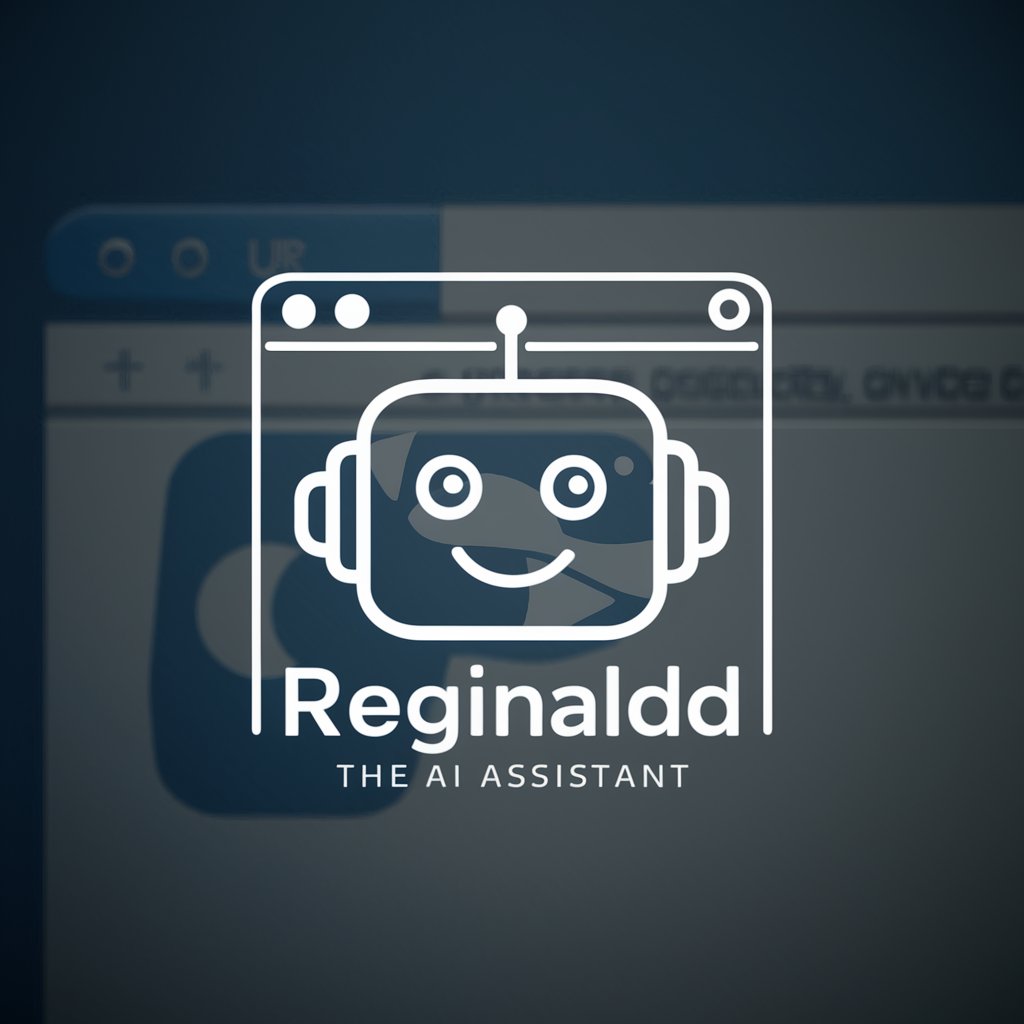
Abundance
Empower your life with AI assistance

OgilvyGPT
Revolutionizing Ad Copy with AI
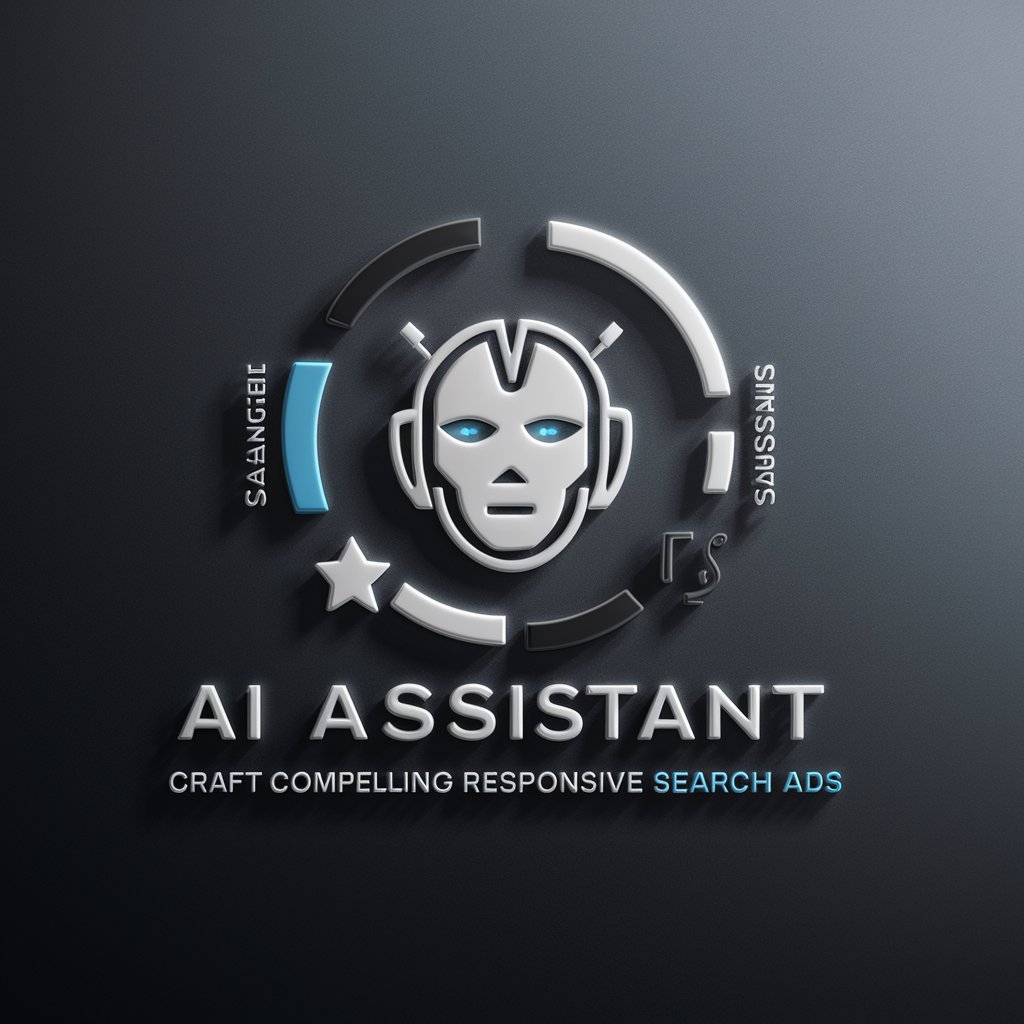
Anna
Tailoring Milling Solutions with AI

LetzGPT
Enhance Your Communication with AI-Powered Language Assistance
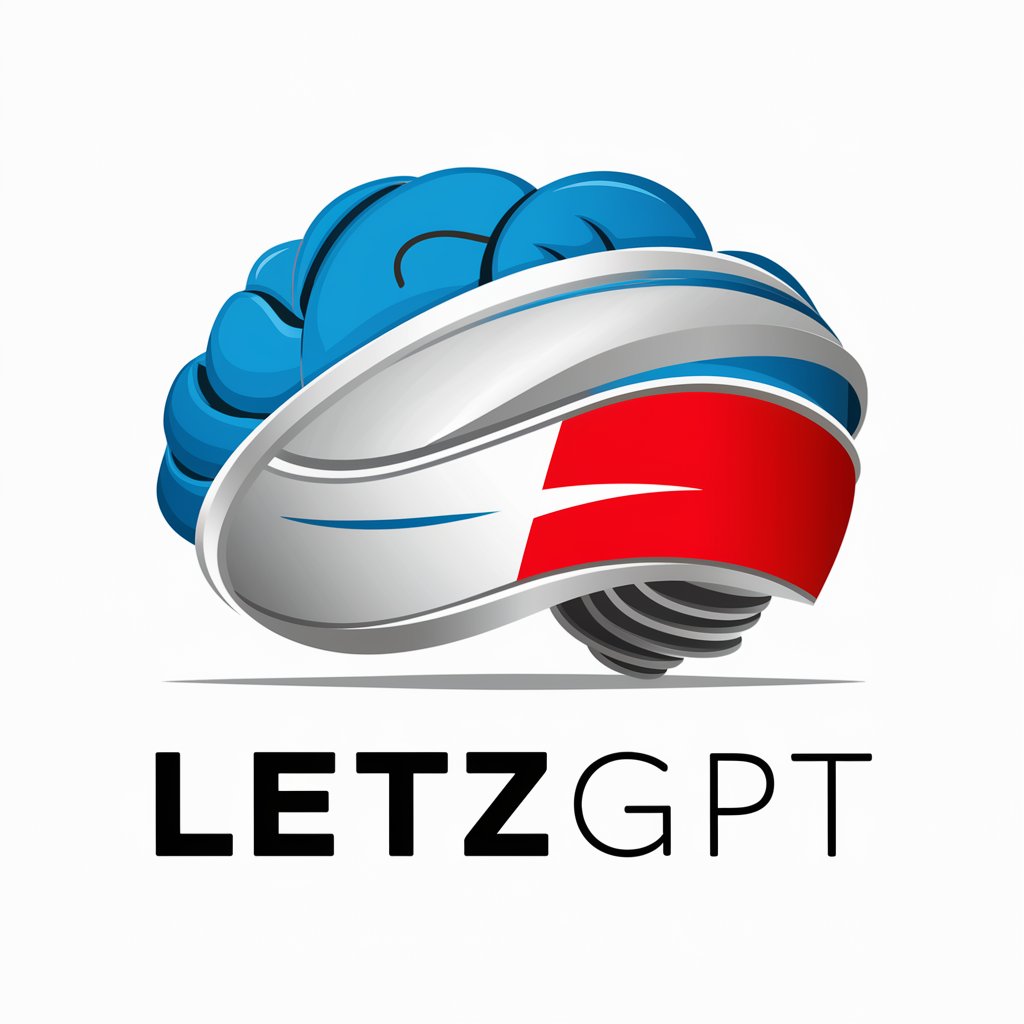
PickleNator
PickleNator: Transforming Images with a Pickle Twist

LeanAnalyticsGPT
Empowering Decisions with Data Intelligence
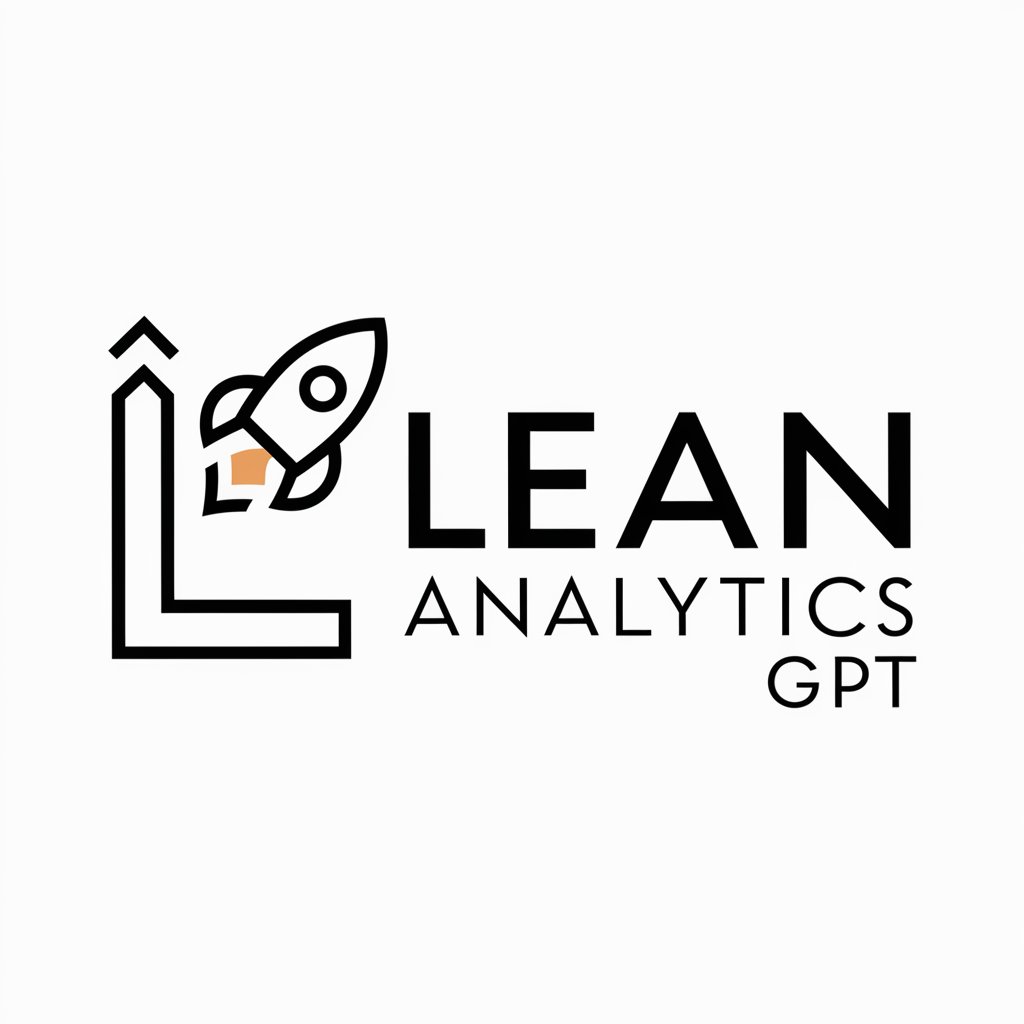
pdgaGPT
Master Disc Golf Rules with AI

Groot
Experience AI-Powered Conversations, Groot-Style

エルロック・ショルメ
Unravel mysteries with AI-powered Holmesian insights

Frequently Asked Questions about CodeMentor
What programming languages does CodeMentor support?
CodeMentor supports a range of programming languages, including Python, Java, C++, and others, catering to a diverse range of coding interests and needs.
How does CodeMentor adapt to different user levels?
CodeMentor adjusts its teaching approach based on the user's self-assessed skill level, offering a customized learning path that ranges from basic syntax for beginners to advanced concepts for more experienced coders.
Can CodeMentor provide real-time feedback on coding exercises?
Yes, CodeMentor offers immediate feedback and scores on exercises, focusing on specific areas for improvement without directly providing solutions, to enhance learning.
Does CodeMentor track user progress?
Absolutely, CodeMentor monitors completed topics and performance in exercises, enabling users to see their progress and areas where they need more focus.
Is CodeMentor suitable for someone completely new to programming?
Definitely, CodeMentor is designed to assist learners at all levels, including absolute beginners, with a gradual learning curve and comprehensive foundational topics.
